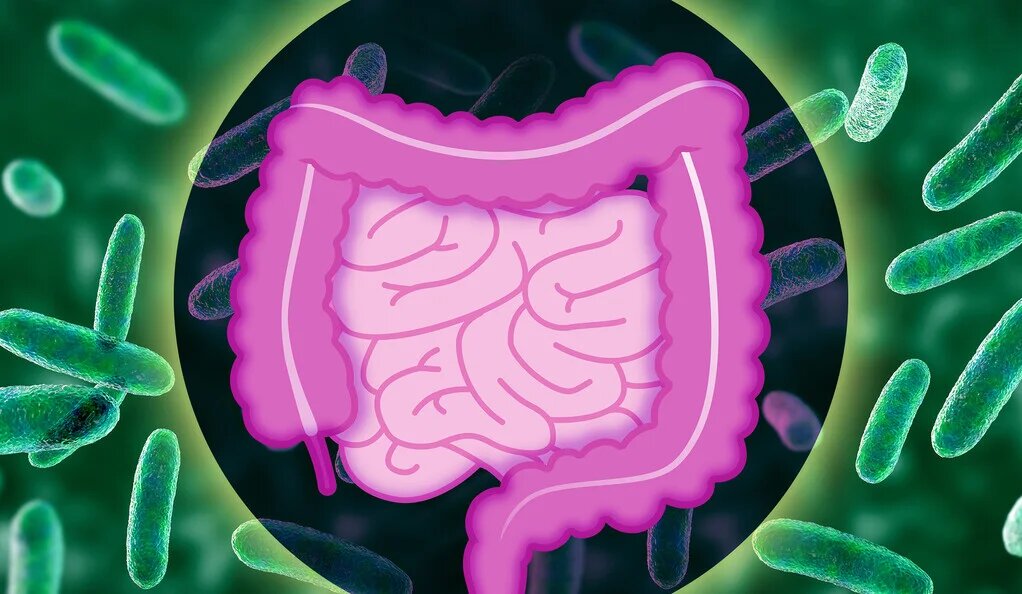










Researchers from the Weill Cornell Medicine, a community of physicians have
discovered that bactria which colonise the gut shortly after birth and produce
the neurotransmitter serotonin, which educates gut immune cells. This helps to prevent allergic responses to both food and microbes during early development.
The preclinical study published in Science Immunology on March 15 highlights the role of gut bacteria in newborns in producing serotonin, a neurotransmitter that supports the development of T-regulatory cells (Tregs). These Tregs play a crucial role in suppressing inappropriate immune responses, thus helping to prevent autoimmune diseases and allergic reactions.
Dr. Melody Zeng, the study’s senior author, emphasized the significance of the gut as the “second human brain,” responsible for producing over 90% of the body’s neurotransmitters. While serotonin is well-known for its role in brain health, the study revealed that bacteria in the neonatal gut are the primary source of serotonin production, unlike in adult guts where specific cells produce neurotransmitters.
The researchers observed higher levels of neurotransmitters, including serotonin, in the neonatal mouse gut compared to adult guts. This finding was confirmed in human infants through a stool biobank, indicating that unique gut bacteria in newborns supply neurotransmitters critical for early development.
Dr. Katherine Sanidad, the lead author, noted that serotonin-producing bacteria not only directly produce serotonin but also reduce an enzyme that breaks down serotonin, maintaining high serotonin levels in the gut. This high serotonin level promotes the development of Tregs, which prevent overreactions by the immune system.
Dr. Zeng highlighted the importance of beneficial bacteria in early life, especially considering factors like antibiotic use, limited microbial exposure, and dietary habits in developed countries. Insufficient serotonin-producing bacteria may lead to fewer Tregs and increased risk of immune reactions and allergies later in life, contributing to the rise in food allergies and autoimmune diseases.









